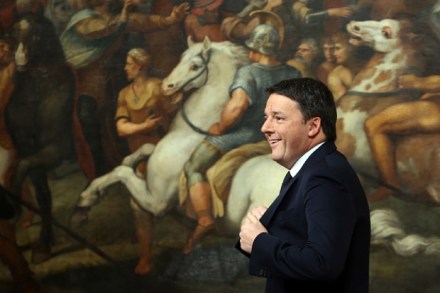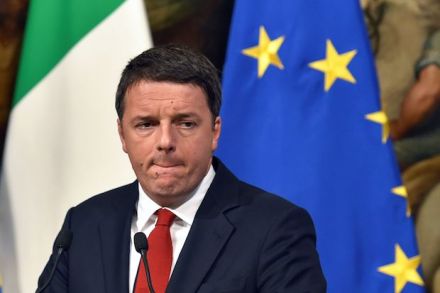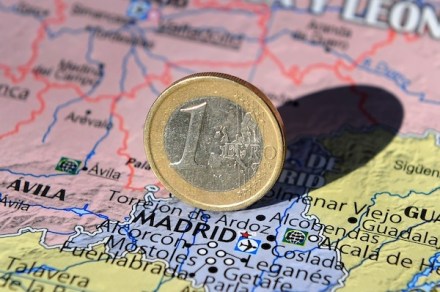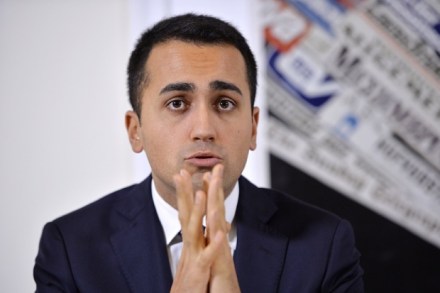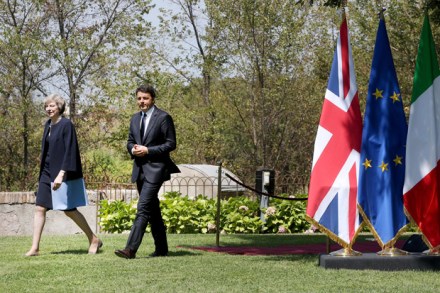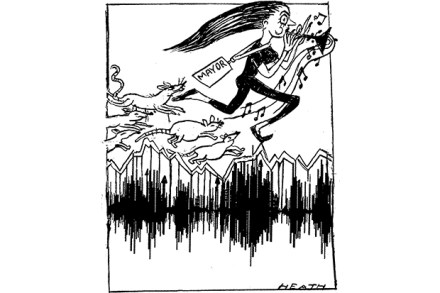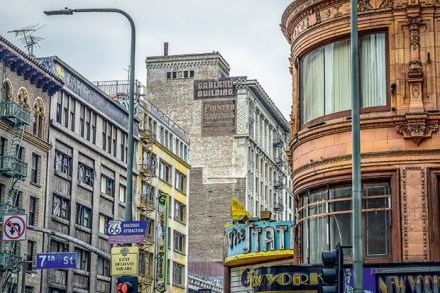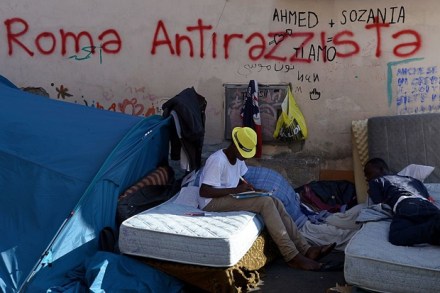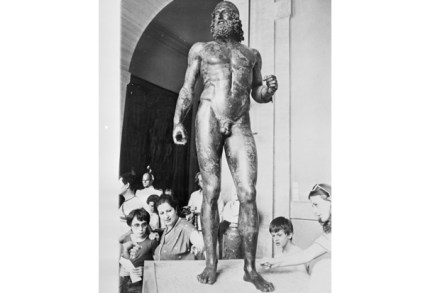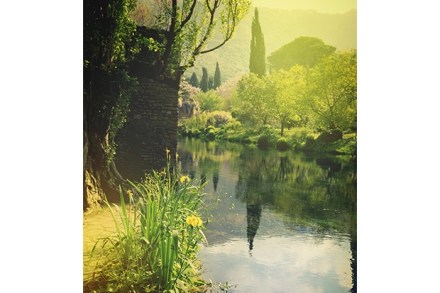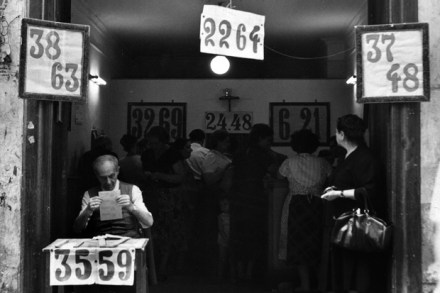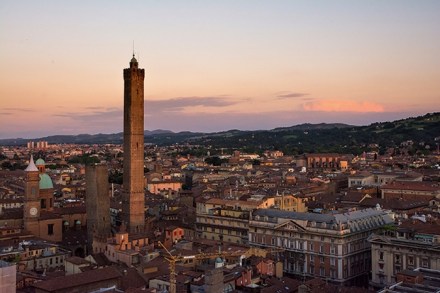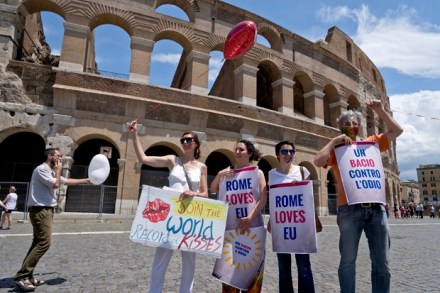Italy will soon be haunted by its inability to reform
Matteo Renzi has resigned from being Prime Minister of Italy but he has not resigned from the Democratic Party. He has not done a David Cameron or David Miliband and left public life. This means that he will be back next year, and it also means that he will act as kingmaker in the coming days. Right now, he will be working away behind the scenes to help organise the next coalition government that will soon be ushered in to pass the Budget law and to ensure the smooth passage of the banking bail out. There is zero appetite among Democratic Party members or their junior coalition partners to call a general
